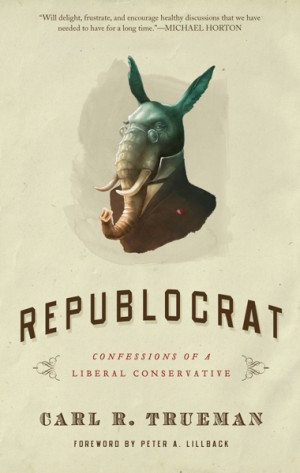 |
| Image: STEVEN PUETZER Getty Images |
"Mariana Figueiro of the Lighting Research Center at Rensselaer Polytechnic Institute and her team showed that two hours of iPad use at maximum brightness was enough to suppress people's normal nighttime release of melatonin, a key hormone in the body's clock, or circadian system. Melatonin tells your body that it is night, helping to make you sleepy. If you delay that signal, Figueiro says, you could delay sleep. Other research indicates that “if you do that chronically, for many years, it can lead to disruption of the circadian system,” sometimes with serious health consequences, she explains."
read more














